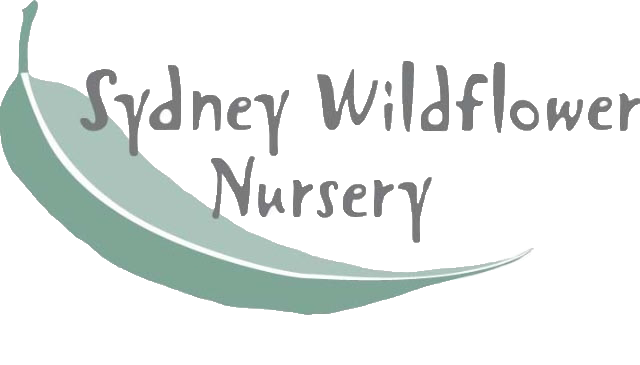
Beautiful butterfly gardens
Butterflies are one of a garden’s most beautiful insects, fluttering around from October to May. They’re valuable for the pleasure they give us alone but they also play an important role as pollinators and are a good indicator of a healthy ecosystem, providing food for many small birds, lizards and other animals.
If you’ve spotted a butterfly or two around your garden you will notice that they’re feeding from whatever bright blooms attract their fancy. However, if you want a way to encourage more butterflies try planting host plants – the plants that feed those hungry caterpillars. It’s a great way to increase your local butterfly population and support a vulnerable species.
Below are our top tips for creating a butterfly habitat in your garden. Many butterflies are species-specific in their host plant selection – this means that their caterpillars will only feed on one or two types of plant. Finding out what your local butterflies use as a host plant is invaluable and there are many resources online to help you find the perfect plant for your location. To help get you started we’ve provided a few suggestions below which are suitable for Sydney gardeners.
Location
Butterflies love a sunny spot in the garden. They need protection from strong winds and enjoy sun-baking on flat, sheltered rocks. They also need lots of nectar rich, colourful flowers, a food source for their larvae and shallow mud puddles – full of essential salts – for them to drink from. You can make your own butterfly feeder by filling a shallow terracotta dish with sand or compost, a few small flat rocks and water to create a mud puddle. Remember to keep it moist and keep an eye on it in heavy rain – you may need to tip some water out!
Life cycle
If you want butterflies in your garden, you’re also going to have accept caterpillars. Don’t let that pesky introduced white cabbage butterfly turn you off – local species will much prefer native plants, not your edibles! You will need to plant a mix of host and nectar plants and each butterfly will have its preferred species. Two easy, local butterflies to start with are the Common Brown and William Kershaw’s Painted Lady – their larvae feed on native grasses such as Poa poiformis and Themeda australis, and flowering ground covers such as Chrysocephalum apiculatum and Bracteantha bracteata. Planting these species en-masse in your garden will help guide butterflies to your home.
Community
Attracting butterflies to your garden can be addictive and it’s great to get your neighbours involved. Researching which butterflies can be found in your area, and encouraging your neighbours to participate by planting their preferred species, is a great way to build community and help your local environment.
Plants
With butterflies being very choosy about their host plants, finding the right plant for your local butterfly population is a must. However, if you’re in Sydney there are a few plants that are great to include in your butterfly garden.
- Acacia sp. and Breynia oblongifolia: both of these are host plants for the common grass yellow butterfly.
- Citrus australis is a host plant for both the orchard and dainty swallowtail butterfly.
- Themeda australis is a host plant for the common brown butterfly, and also the evening brown butterfly.
- Goodenia sp is the host plant for the meadow argus, one of the more common butterflies found in Sydney.
- Bracteantha bracteatum is a great host for the very recognisable painted lady butterfly!
- Lomandra sp. is the plant of choice for the splendid ochre butterfly.
SYDNEY WILDFLOWER NURSERY
Since 1983, the Sydney Wildflower Nursery at Heathcote has been providing residents and visitors from around Australia with quality native Australian plants.
Supplying plants for jobs big and small we pride ourselves on our knowledge, passion and extensive range of beautiful and unusual Australian native trees, shrubs and wildflowers.
